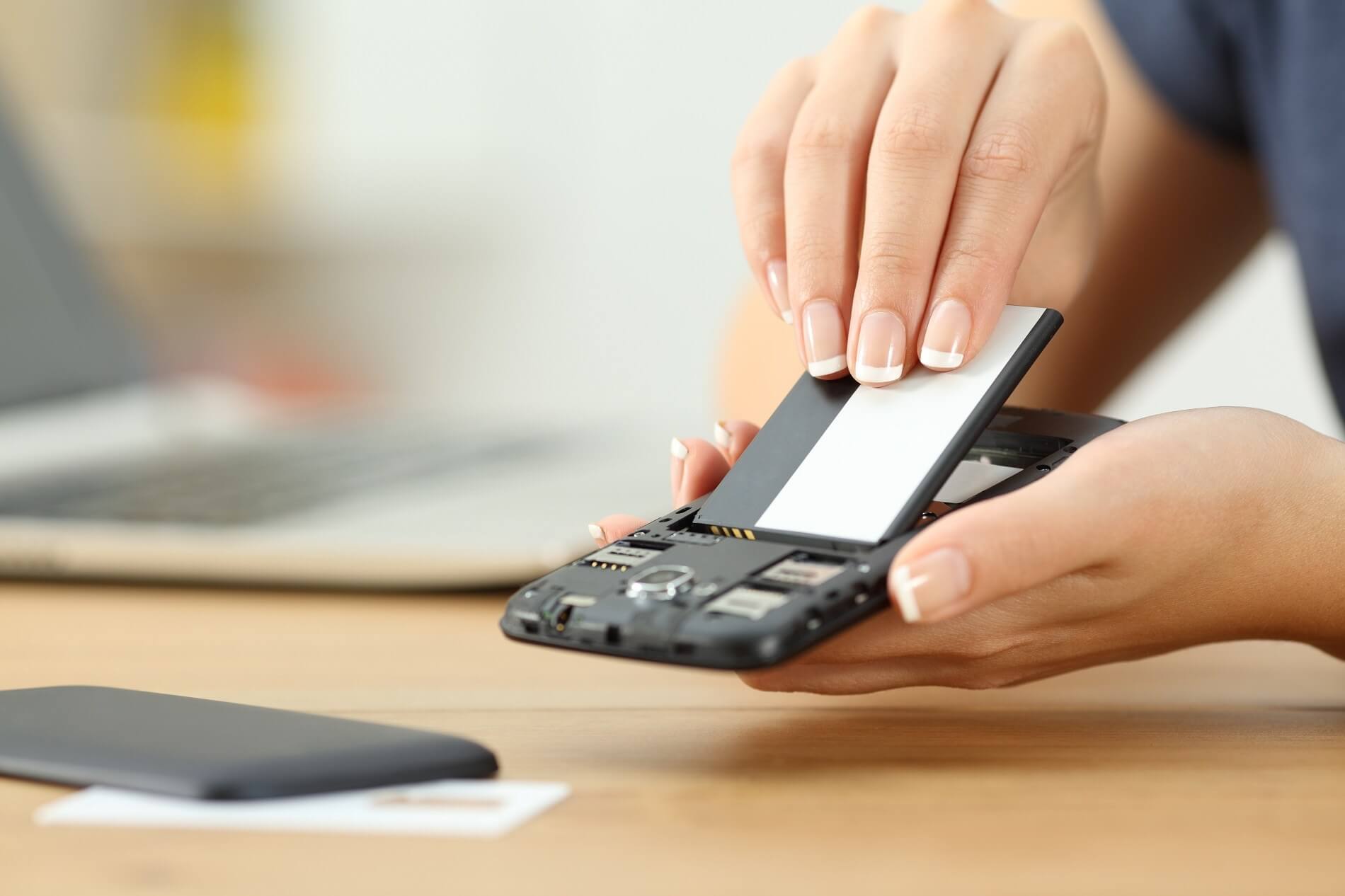Forward-looking: Remember when removable batteries were a standard feature on phones? It's a pretty rare sight these days, but following the success with making USB-C the standard charging format for devices, the EU is pushing for batteries in electronic gadgets to be easily replaceable.
After arguing for a universal charging solution for over a decade, the European Commission in October voted overwhelmingly in favor of legislation that would see all phones, tablets, and other small electronics sold in the region feature USB-C ports by 2024. The European Council approved the mandate a few weeks later, and it recently confirmed the December 28, 2024, deadline, with laptops given until April 28, 2026.
While most phones (apart from iPhones) use USB-C, PocketNow spotted a different law being proposed by the EU that would impact more than just Apple: the EU Parliament and Council has reached a provisional agreement to overhaul EU rules on portable batteries. Essentially, they must be easier to remove and replace in devices such as phones, and consumers must be better informed.
As with the USB-C mandate, the law on batteries is designed to reduce e-waste, partly by increasing the repairability of devices and extending their life cycle. Moreover, companies will be legally required to accept and recycle old batteries and must cover the costs of collecting said batteries.
"Collection targets are set at 45% by 2023, 63% by 2027, and 73% by 2030 for portable batteries, and at 51% by 2028 and 61% by 2031 for LMT batteries," states the regulation's measures. "Minimum levels of recovered cobalt (16%), lead (85%), lithium (6%), and nickel (6%) from manufacturing and consumer waste must be reused in new batteries."
Device makers will have plenty of time to make any changes should this become law: the requirement would only come into effect 3.5 years after Parliament and Council formally approve the agreement.
This isn't the first we've heard of the EU's intentions to bring back replaceable phone batteries. The draft plan was presented in 2020, and it appears to be progressing slowly but surely.
While many consumers will likely welcome the return of removable batteries in phones (in the EU, anyway), manufacturers are unlikely to be happy with the law and point to the benefits of sealed units, such as improved waterproofing and larger batteries. Expect some to try to get around the law by pointing to their own repair/replacement programs.
Masthead: Antonio Guillem

